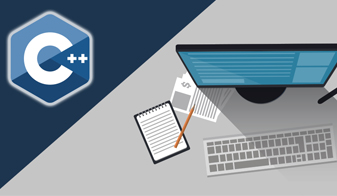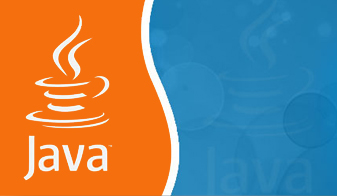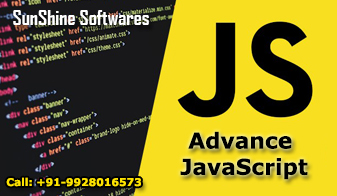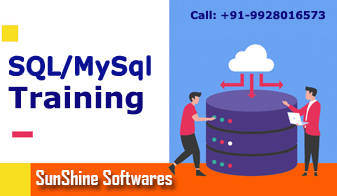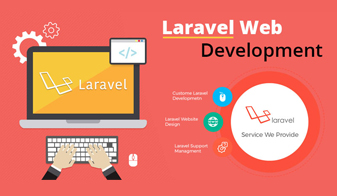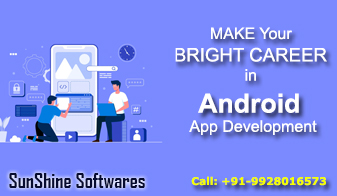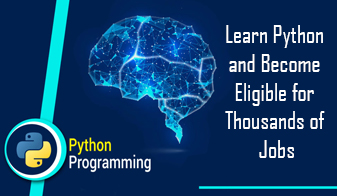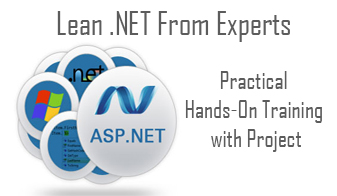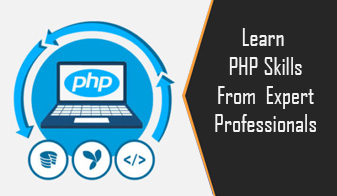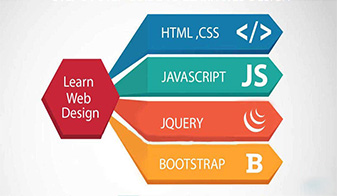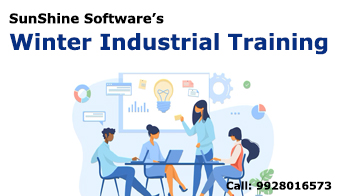
Advance Diploma in Mobile App Development
SunShine Software’s Mobile App Development Courses in jaipur will teach students to create mobile software / applications for Android Operating Systems with live project.
Join the Mobile App Development Training institute in Jaipur and become a proficient Mobile App Developer possessing industry skills and expertise.
- Real-Time Experts as Trainers
- LIVE Project
- Certification
- Affordable Fees
- Fees in Easy Monthly Installments
- Placement Support
Android App Development Training In Jaipur
Sunshine Software Provides Android Training in Jaipur. Students are trained to get latest knowledge from basic to advance level and work on Live Projects. We are the Best Android App Development Training Institute in Jaipur who offers best Mobile app Development classes from beginners to advance Learners with Certifications.
Sunshine Software is one of the leading Android training Institute in Jaipur. Our Trainer is well experienced & have more than 10 years of experience in training of programming languages. Learning android form Jaipur best training institutes has its own benefits:
- In depth knowledge of Technology
- Expert Trainers with well experience in development & training
- Live Projects
- Free Interview preparation classes
- 100% Assured placements in Jaipur
Module 1: C Programming Language
- What Is Language
- Need of Language
- generation of Language
- Introduction of Programming Language
- History of ‘C’
- Introduction of ‘C’
- Need of C Language
- Definition of Tokens
- Need of Tokens
- Use of Tokens
- Constant
- Identifier
- Keywords
- String
- Operators
- Special Symbols
- Definition of DataTypes
- Type of Data types
- Primitive
- Non Primitive
- What is Header File
- How to Include Header File
- What is Library
- What is the library function
- Main Function
- Printf Function
- Scanf Function
- How to Compile
- How to run
- Type of files made by the program
- Section of C program Body
- Comments
- About Operator
- Arithmetic Operator
- Logical Operator
- Conditional Operator
- Relational Operator
- Ternary Operator
- Increment And Decrement Operator
- Bitwise Operator
- Short Hand Operator
- About Control Statements
- Decision-Making/Conditional Statements
- Selection Statements
- Iteration Statements
- Jump Statements
- About String Handling
- String Library Function
- About Array
- Single Dimension
- Two Dimension
- About Function
- Types Of Function
- Different Way To Design Function
- About Structure
- Way to design structure
- Structure within a Structure
- About Union
- Union Coding
- About File Handling
- Read / Write on File
Module 2: C++ Language
- Need of C++
- Advantages of C++
- About C++
- Introduction of OOPS Concept
- About Class And Object
- Use And Importance of Class and Object
- About Constructor
- Type of Constructor
- About Destructor
- About Inheritance
- Types of Inheritance
- Single Inheritance
- Multi-level Inheritance
- Multiple Inheritance
- Hybrid Inheritance
- Hierarchy Inheritance
- About Polymorphism
- Defining Function Overloading
- Defining Operator Overloading
- Unary Operators Overloading
- Binary Operators Overloading
- Inline Function
- Friend Function
- Virtual Function
- About Pointer
- Use Of Pointer
- Basics of Exception Handling
- Exception Handling mechanism
- Throwing Mechanism
- Catching Mechanism
- Specifying Excepting
- Classes For File Stream Operations
- Opening and Closing a File
- Detecting End Of File
- Sequential Input and Output Operations
- Jump Statements
- Class Templates
- Templates Function
- Overloading Of Template Functions
- C++ Streams
- C++ Streams Classes
- Unformatted and Formatted I/O Operations
- Managing Output With Manipulators
Module 3: Core Java
- Evaluation of Java
- Installing Java
- JavaSyntax
- Defining variable and constant
- Data Types
- Strings
- Operators and Expression Overview of Object Onented Concepts in Java.
- Java features like security, portability, byte code
- java virtual machine.
- class and object
- Abstraction
- Inheritance
- Message passing
- polymorphism
- Object oriented, robust,
- multithreading, architectural neutral
- distributed and dynamic
- Making Decisions
- Doing Repetitive task with looping
- Mixing Decisions and looping with Html
- If(), else if() and else if condition Statement
- Using the ? operator
- The switch statement
- Using the while() Loop
- The do while statement
- Using the for() Loop
- Breaking out of loops
- Nesting loops
- What is a function
- Define a function
- Call by value and Call by reference
- Recursive function
- String function
- Math function
- Array function
- packages and interface.
- String
- Strinbuffer
- String builder
- String Manipulation
- Anatomy of an Array
- Creating index based and Associative array
- Accessing array Element
- Looping with Index based array
- Looping with associative array using each() and foreach()
- Some useful Library function
- Introduction
- Member inner class
- Static inner class
- Local inner class
- Anonymous inner class
- Introduction
- byte ,short ,integer,long,double,boolean,float
- Boolean classes
- Introduction
- Pre-defined excetpion Associative array
- Try Catch -throws
- User-defined exceptions with classes
Module 4: Android App Development
- What is Android
- A Short History
- Advantages of Android
- Disadvantages of Android
- Key Components Stack
- The Kernel
- Libraries
- The Dalvik JVM
- Application Framewoek
- Application
- What do We Need?
- Setting Up the SDK
- Install Eclipse Plugin
- Create a Virtual Device
- making a Project
- Running Your Application
- Android Hardware Buttons
- Run Configuration
- Debugging an Application
- Dalvik Debug Monitor Server (DDMS)
- The Console Views
- Developing for Multiple Android Versions
- The Manifest File
- Activity
- Activity Class
- Activity Lifecycle
- Launching an Activity
- Pausing and Stopping an Activity
- Destroying an Activity
- Saving State
- Saving State
- making Views
- Registering an Activity
- The Default Activity
- Process Lifecycle
- The Application Context
- The Fundamentals
- View Hierarchy
- Views Programmatically
- Views in XML Layout
- More on XML Layout
- Common Programming Tasks with Views
- TextView and EditText
- Button
- CheckBox
- RadioButton and RadioGroup
- ToggleButton
- ImageView
- RatingBar
- Background
- LinearLayout
- LinearLayout Orientation
- match_parent (fill_parent) Example
- Layout Gravity
- Weight
- TableLayout
- Managing the Width in Mobile
- RelativeLayout
- ScrollView
- Horizontal ScrollView
- Main Types of Resources
- Defining Value Resources
- Defining String Arrays
- Image Resources
- Alternate Resource Folders
- How Android Finds Resources
- Dealing with Screen Orientation
- Orientation Change and Activity Lifecycle
- Developing for Tablets
- Some useful Library function
- What is an Intent?
- The android.content.Intent Class
- Implicit Target Component Specification
- Intent Filters
- Sending Data through Android Intents
- Action Name
- Category Name
- Default component of an Application
- Starting an Activity
- Getting Output from Activity
- Pending Intent
- Defining Menu Items
- Menu XML File
- Option Menu
- Populating Menu Items from Resource
- Manipulating Menu Items
- Handling Menu Item Click Event
- Context Menu
- Showing a Context Menu
- Handling Context Menu Item Click
- Toast
- Popping a Toast
- Status Bar Notification
- Advantages of Status Bar Notification
- Steps to Create a Status Bar Notification
- Posting the Notification
- Using Dialogs
- Alert Dialogs
- Handling Button Click Events
- ProgressDialog
- Setting Progress Amount
- Spinner View
- Handling Item Selection Event
- The ListView
- developing a Listview
- Handling ListView Events
- The Adapter Model
- Using an Adapter
- Tabbed UI Layout
- Creating Tabbed UI
- Defining the Tabbed Layout
- Tabs with View Content
- Add a Tab with Activity Content
- WebView
- WebView Methods
- Developing a Broadcast Receiver Component
- Registering a Receiver
- Broadcasting a Custom Intent
- Broadcasting a Notification
- Low Battery Indication by Broadcast Receiver
- Error tacking and debugging
- Tabing through Gesture effect
- Learn How to Slide Activities
- using framesets in gesture
- Sliding Navigating Menus
- Data Storage Options
- Shared Prefereances
- Modifying Shared Preferences
- Default Preferences
- Editing Preferences
- External Storage
- Checking State of External Storage
- Working with Files in External Storage
- Shipping Files with the Application
- Working with Raw Resource Files
- Working with Asset Files
- Opening a Database Connection
- Transaction Management
- A Pattern for Connection and Transaction Handling
- Compiled SQL Statement
- Inserting Data
- Updating Data
- Deleting Data
- Fetching Data
- Example Queries
- Iterating Over a Cursor
- Reading Column Values from Cursor
- Cursor Management
- Binding Cursor to ListView
- Handling Item Click Event
- Refreshing the ListView
- Use of URL
- The Structure of Data
- MIME Type
- Content Provider
- Implement the query () Method
- Implement the insert() Method
- The update() and delete() Methods
- Implement getType()
- Registering a Provider
- Writing a Data Consumer
- Performing a Query
- Communication Using HTTP Protocol
- HttpClient Object
- New Service implementation as per Android Marshmallow version
- Making a Network Request
- Using Basic Authentication
- WebService Implementation by PHP & DotNET
- XML Parsing Options
- Setting up XML Pull Parser
- Checking Network Status
- Receiving Files from network
- JSON Parsing
- The Handler Framework
- The Basic Approach
- Creating a Handler
- Posting a Message
- Doing Background Work
- AsyncTask
- Callback Methods of AsyncTask
- Doing the Work
- Starting Work
- Getting Result from the Task
- Updating GUI from the Task
- Ending the Task
- What is a Service?
- making a Service
- Starting and Stopping a Service
- Recording Audio
- Start Recording Audio
- Stop Recording
- Playing Audio
- Playing from Raw Resource
- Stopping and Cleanup
- Video Playback
- Playing Video
- Guidelines for Obtaining Current Location
- Obtaining Current Location from an Activity or Service
- Reading Location Data
- Other Considerations
- Proximity Alert
- Geocoding
- Using MapView
- Showing MapView from an Activity
- Common Uses of Telephony API
- Making a Phone Call
- Sending SMS Message
- Call and Service State
- Monitoring Call and Service State
- Register the Listener
- Getting Detail Phone Information
- Reading Location Data
- Other Considerations
- Proximity Alert
- Geocoding
- Using MapView
- Showing MapView from an Activity
- Taking pictures
- Rendering previews
- using Bluetooth Adapter
- Finding bluetooth devices
- How Sensors work
- Lig to Sensor readings
- Best practices for performance
- Proximity Senser
- Monitoring and managing Internet connectivity
- Getting paired connections
- Listing new WiFi Connections
Advance diploma Courses
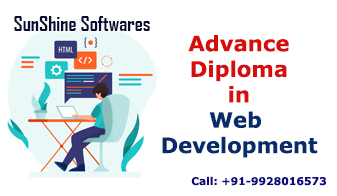
Advance Diploma in Web Development
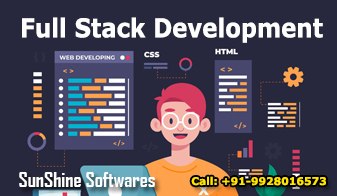
Advance Diploma in Full Stack Web Development
Skills Covered
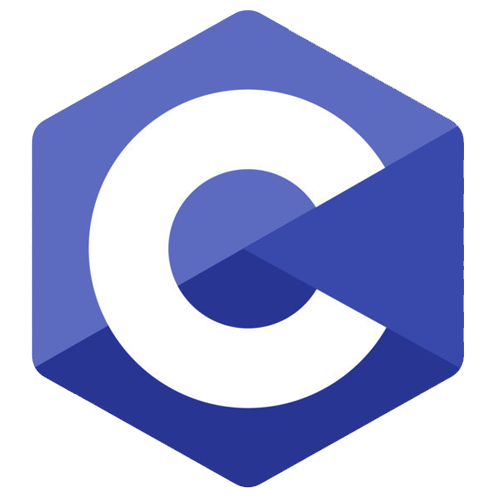
C Language
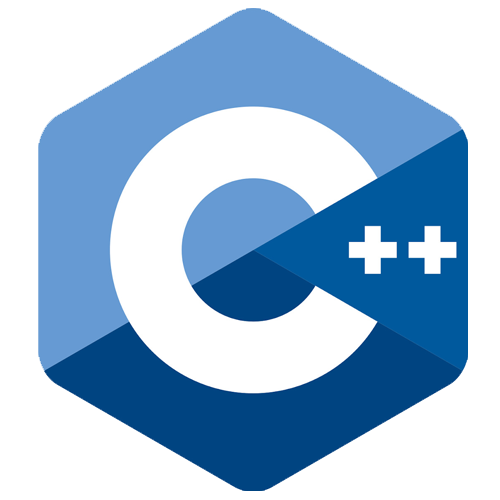
C++ Language
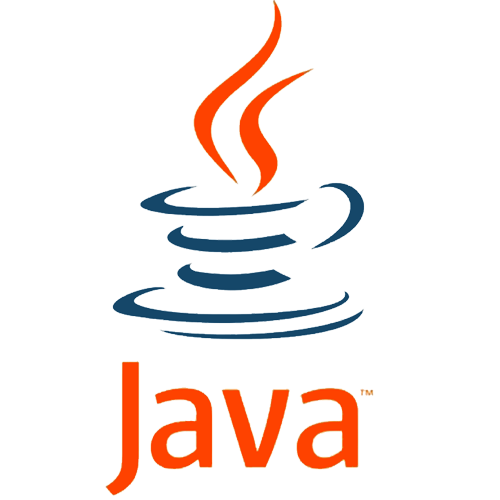
Core Java




